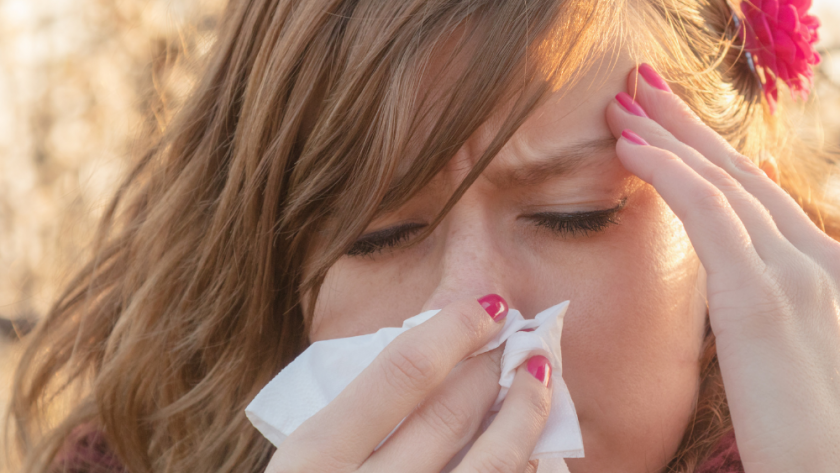We’re very nearly heading into the holiday season for 2021. We may need to say that again before we believe it, but it is true. Before you know it, Thanksgiving will be upon us and then it’s a hop skip, and a jump, to the festive season.
But even as the season change around us and we prepare to usher in the fall and then winter, the ever-present need to keep a handle on our family’s healthcare needs remains, and always remember, this includes your family’s mental health.

IF YOU HAVE NOT DONE SO THIS YEAR YET…
Then it’s time to get your whole brood off to the family GP for an annual once over. It could be very tempting to believe that in the age of the great pandemic, we no longer have any other illnesses but as you (should) agree, that is not the case and the usual rundown of family illnesses and runny noses should not be put aside. A good once-a-year visit to your GP remains a great way to take a quick litmus test of how your family is doing. Prevention is better than cure, forewarned is forearmed. It’s also a good time to stock up on some season-appropriate vitamins and, while you’re at it, get some immune boosters to help counteract our current state of global illness too.
SEASONS MAY CHANGE, BUT THOSE ALLERGIES WON’T
Even though heading into cooler and perhaps wetter climes can mean that we no longer require constant antihistamines, the changes in climates and less predictable seasons mean that we’re reaching for the pollen-induced tissues for longer than before. There are all sorts of hay fever treatments available online and in-store, so have a read-through, just in case. Other allergies can last into the fall and onwards into winter, including dust mites, mold, smoke, and pollutants, and those wonderful little bugs and allergins that come off of our wreaths and Christmas treas. Note to self: check out the pros and cons of all sorts of Christmas trees, here.
IF YOU DO GET “THE VIRUS”
Vaccinated or otherwise (and we’re not getting into all of that), you might still have to encounter having to care for someone you love (or yourself for that matter) after coming into contact with the Covid-19 Virus. If you’re fortunate enough to not have to go to the hospital for treatment, here are some useful tips you can make use of, at home.
The first thing you need to do is isolate. Isolate positive children from those who are not and if it’s your plus-1, then move them into the guest room or yourself into the living room. We know what that sounds like but moving the virus around from one person to the next isn’t going to help anyone and with the jury still out on reinfection possibilities, best be safer than sorrier.
All the usual influenza advice applies: hydrate, rest, and take your meds. After all, the Corona-Virus is a form of flu, so make sure that you or your loved ones get lots of rest, stay hydrated and take their meds. You can also read here for advice from the CDC.
It’s important that you monitor breathing and oxygen and you can get an oximeter to use at home for around $20.
No matter what anyone’s personal view may be about the virus, taking good care of yourself and those you love should you contract it, is very important.
RETHINK YOUR CHRONIC, NON-ESSENTIAL MEDICATION
If you find yourself on chronic medication for things like mild anxiety, sleeplessness, or other mental health-related issues, did you know that there is a wide range of natural, non-habit-forming alternatives that could help you? The internet has tons of resources and as always, be sure and consult with your primary healthcare provider first before taking any action.
It’s never a good day when our humans are unwell and it is especially important keeping a handle on illness during this time. It seems that we’re going to have our friends at “Covid-HQ” around with us for some time yet and as frustrating as it can be to hear so much about it, all the time – it is a reality.
COMMONS CHRISTMAS COLDS (AND OTHER HOLIDAY RELATED AILMENTS)
A few things to look out for as we head into “silly season” include:
- Colds and flu (the regular kind)
- Alcohol poisoning (yep)
- Digestion related problems
- Christmas tree syndrome (similar to hayfever and brought on by mold and allergens present on trees)
- S.A.D (seasonal affective disorder), happens when we don’t get enough Vitamin D, often brought on by lack of sunlight during the winter months.
Good, common-sense practices and awareness of the specific challenges that come with different times will mean we’re all better prepared to face the winter, without illness.



